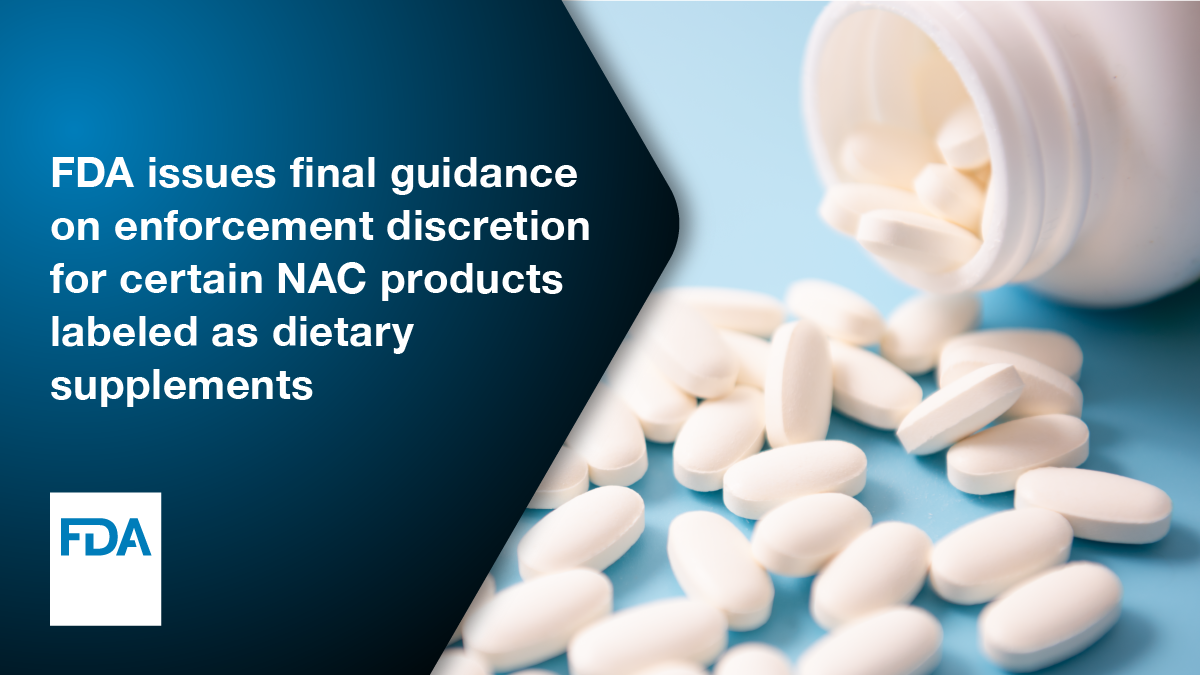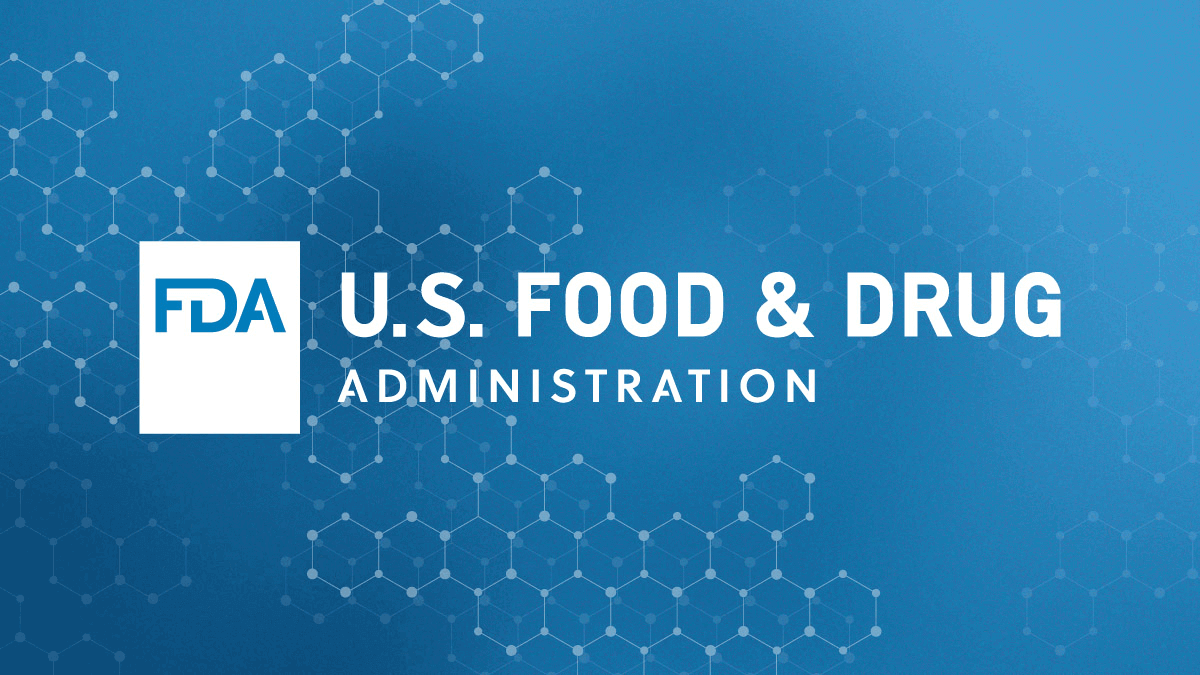Just a little info on those points:
N-Acetyl-Cysteine : Simply an amino acid that actually occurs naturally in many foods we eat, and has been used by both veterinarians and hospitals for a long time.
This one is surprising to me and rather damaging to the population if they actually go through with it. NAC is easily the best treatment for a number of different issues affecting the liver, especially acetaminophen toxicity, however I do understand that in that setting we hope the NAC is being administered clinically, and not at home.
(
https://www.fda.gov/food/cfsan-cons...two-citizen-petitions-nac-dietary-supplements)
"If, among other considerations, the FDA does not identify safety-related concerns as we continue our review of the available data and information, we are likely to propose a rule providing that NAC is not excluded from the definition of dietary supplement."
NAC has been safely used for 30 years in America, so I hope we end up with the FDA accepting its' definition.
FDA issued final guidance stating our intent to exercise enforcement discretion for certain NAC-containing products.

www.fda.gov
Picamilon : Simply a bonding of 2 supplements, each of which are fully legal by themselves, but when bonded to form the preceded name, it has been banned. Also proven to be safe.
Modifying compounds to cross the blood brain barrier changes their activity considerably, and as such, this is an entirely different compound from that of GABA or Niacin. The compound itself has no natural source, and has never been approved by the FDA. It's never been restricted, because it's never been approved.
Avula, Bharathi, Amar G. Chittiboyina, Satyanarayanaraju Sagi, Yan-Hong Wang, Mei Wang, Ikhlas A. Khan, and Pieter A. Cohen. 2016. “Identification and Quantification of Vinpocetine and Picamilon in Dietary Supplements Sold in the United States.”
Drug Testing and Analysis 8 (3-4): 334–43.
https://doi.org/10.1002/dta.1853.
Vinpocetine : A natural plant with no known or documented history of unsafe use.
Vinpocetine is unfortunately not a natural compound, and is derived from Vincamine. This doesn't meet the definition of dietary supplement as the compound does not occur in nature until it is processed by the manufacturer. It's synthetically produced.
Vinpocetine does not meet the definition of a dietary ingredient.

www.fda.gov






